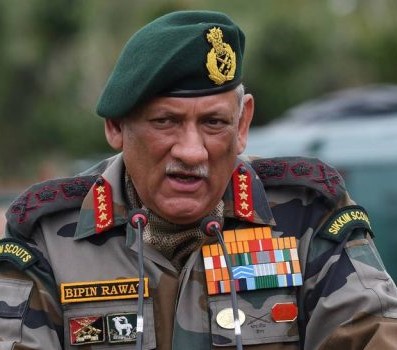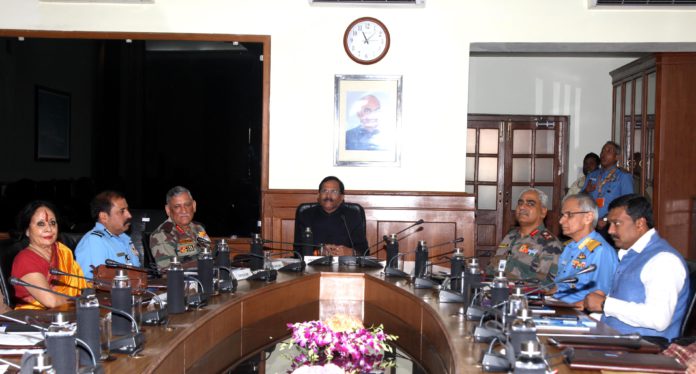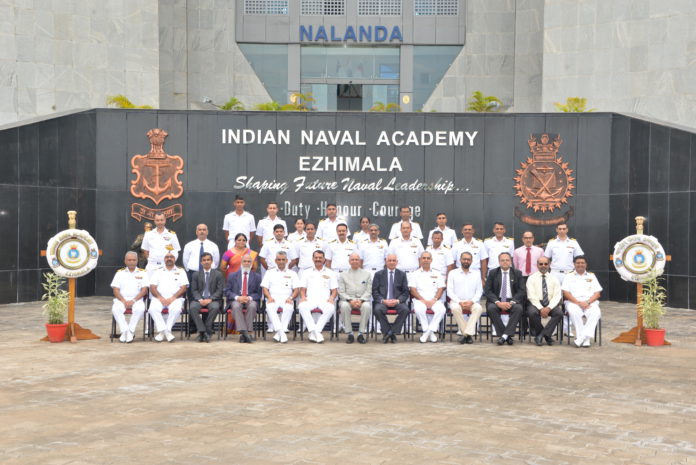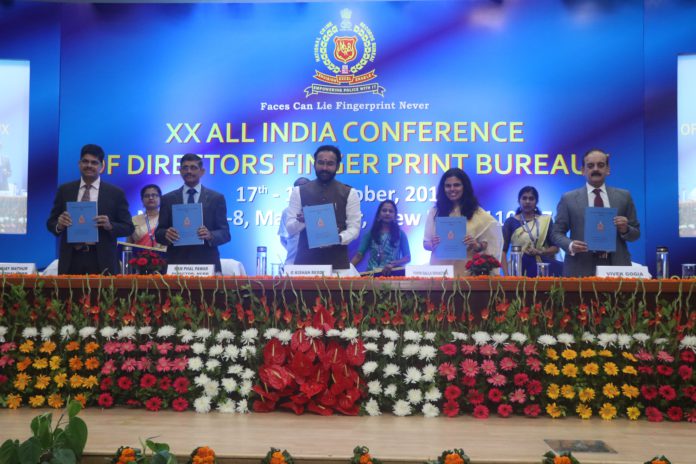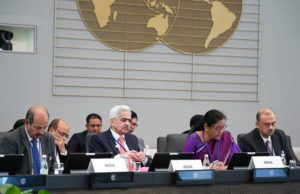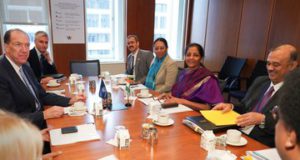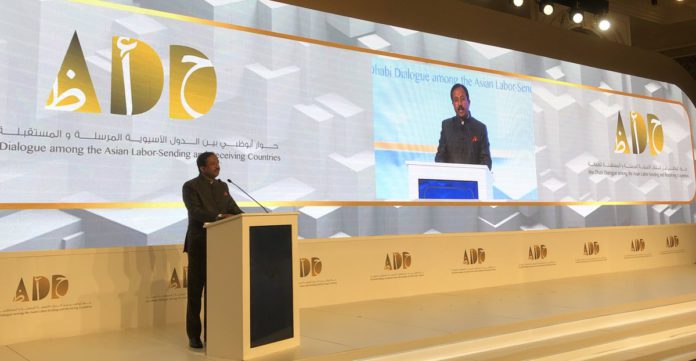Kannur (NVI): Young officer-trainees of Indian Navy learnt about the crucial significance and pivotal role of sea power in shaping nations, particularly in Indian perspective, as the sixth edition of prestigious annual Dilli seminar of Indian Naval Academy culminated here at Ezhimala, in the Kannur district of Kerala.
Named after the historic Mount Dilli located within INA premises, Dilli Series Seminar is conducted at INA during Autumn Term every year, with an aim to expose young trainees to the vibrant maritime history and arouse in them a curiosity that will motivate them to explore further. The Indian Naval Academy (INA) is amongst the premier armed forces institutions of India, a release by INA said.
The participants delved into the tenacious, somewhat cyclic, push-and-pull relationship between Sea Powers and Land Powers and how competitive and collaborative engagements between the two at various junctures have contributed to the wider course of history.
On the second day of the Seminar, four papers were presented on ‘Linking Geopolitics and Geo-economics with Sea Power’ by Midshipmen of INA, who are currently in their 8th term at the Academy. The papers were presented by Nitin Pai, Dr. Jabin T Jacob and Ritika Kapoor while Commodore Uday Bhaskar (Retd) chaired the session.
Earlier on October 17, the seminar proceedings commenced with the opening address by Vice Admiral Dinesh K Tripathi, followed by the keynote address by the chief guest Admiral Madhavendra Singh.
The first session of the first day was chaired by Dr Dattesh Parulekar on ‘Sea Power Vs Land Power – A Historical Perspective’ during which Commander B Srinivas spoke on the topic ‘Security Ashore: Supremacy at Sea’. It touched upon the differences between sea power and land power, their interdependence, and some lessons for the times to come.
Another paper on ‘Sea Power vs Land Power: The Indian (and Indian Navy) Perspective’ of the session was presented by Commodore Srikant B Kesnur who brought out how Indian thinkers have highlighted India’s pre-occupation with land borders and how often we have been accused of sea-blindness. The presentation also dwelt on the Navy at Independence and growth of Navy thereafter in terms of acquisitions as well as conceptual and doctrinal growth.
It culminated with an invitational talk by Vice Admiral Girish Luthra, PVSM, AVSM, VSM (Retd.) former Flag Officer Commanding in Chief, Western Naval Command.
The second session of the day was chaired by Captain Alok Bansal on ‘Sea Power and Geo Economics’, which included ‘Evolving Influence of Sea Power in Emerging Geo –Economics’ presented by Commodore Odakkal Johnson and ‘Sea Power and Geo Economics’ by Commodore Gopal Suri.
These papers have examined the relevance of geo-economics through maritime history in early, medieval and modern times; a concept that existed from several centuries and still relevant in the present day.
Historic Background
Sometime in the year 1788, while the rivalry between the two European powers, France and Britain, was still to reach fever pitch, Napoleon had scribbled in the margins of an old Turkish book about warfare that, “through Egypt we shall invade India, we shall re-establish the old route through Suez and cause the route by the Cape of Good Hope to be abandoned”. Ten years hence, Napoleon’s dream remained unrealised – not only had the French, negotiating as they were with Tipu Sultan, not been able to chart the ‘old route through the Suez’, the entire French fleet had been sunk by Admiral Nelson at the Aboukir Bay, wrecking Napoleon’s hopes of using Egypt as a secure base from which to attack India. The outcome of this had wide ramifications for both British and French presence in India- as, hinging at the cusp of Napoleon’s arrival were not only the hopes of Tipu Sultan, but the question of who shall dominate the proceedings of the Nizam’s Court hereafter. In effect, Napoleon’s defeat heralded the English as India’s colonial masters for the next 150 years.
Since the dawn of the modern age, control of the seas has been central to global politics. Philosopher Carl Schmitt, in his influential book, Nomos of the Earth, describes the rise of the Sea Powers through three stages: ancient civilizations first ruled river systems. Rome and Venice then dominated the Mediterranean Sea. Subsequently, powers like Portugal, Holland and England came to dominate the world’s oceans. Nations with Sea power have a specific mind-set: they favour openness, global free trade, individualism and enterprise. The United States is the contemporary heir of the oceanic sea powers.
Throughout modern history, Sea Powers have been opposed by land-based powers: Napoleon’s France, Czarist Russia, Imperial Germany and the Soviet Union. Land powers are more inward-looking and they emphasize community, collective action, security and strong central rule. After the fall of the previous great land power, the Soviet Union, US-led sea power has dominated the world. But now this is changing and the great surprise of the 21st century mark a shift in the relation between land and sea.
–Nad/PS


